On October 21 of last year, SAG-AFTRA, a combination of the Screen Actors Guild (SAG) and the American Federation of Television and Radio Artists (AFTRA) American labor unions, and those they represent in the video game industry, went on strike. The purpose of the strike was to improve their working conditions, and compensation, when their voice actors were working for video game publishers. While not all of their games were affected, here is a list of the publishers who were struck, according to SAG-AFTRA’s official strike notice:
- Activision Publishing
- Blindlight
- Corps of Discovery Films
- Disney Character Voices
- Electronic Arts Productions
- Formosa Interactive
- Insomniac Games
- Interactive Associates
- Take-Two Interactive
- VoiceWorks Productions
- WB Games
The Talking Points
The points of contention between SAG-AFTRA and the publishers centered on four key issues: Contingent compensation, vocal stress, transparency, and stunt coordinators. Their strike notice detailed these points in full:
This strike was conducted to re-negotiate the Interactive Media Agreement. The terms of the Interactive Media Agreement lasted for 3 and a half years, between July 1, 2011, and December 31, 2014–according to the 2011-2014 AFTRA Interactive Media Agreement Memorandum of Agreement. And, according to SAG-AFTRA, they had been in negotiations to reform the agreement for nearly two years before they decided to strike. Which coincides with reports by Variety, and other outlets, that SAG-AFTRA actually held a vote to strike in September of 2015. These initial re-negotiations were probably conducted during the “Early Negotiations” period between August 15, 2014 through September 30, 2014, as noted in issue 6 of the memorandum. And, after SAG-AFTRA determined that things weren’t going to change, they held a vote to strike the following year.
A Tentative Conclusion
On September 25, 2017, SAG-AFTRA reported that they had reached an agreement to end the strike on Saturday, September 23, 2017. Here are the new terms of their agreement:
“The terms of the tentative agreement, which was reached early Saturday morning, include a new bonus structure that provides an additional payment to performers. The bonus payment, which is due no later than the release date of the game, is based on the number of sessions worked on each game, beginning with a $75 payment on the first session and totaling $2,100 after 10 sessions worked.”
…
“Chief Contracts Officer Ray Rodriguez, who was the lead negotiator on the new contract, said that the deal includes significant improvements in the area of transparency. ‘The new transparency provisions will enhance the bargaining power of our members’ representatives by requiring the companies to disclose the code name of project, its genre, whether the game is based on previously published intellectual property and whether the performer is reprising a prior role,’ said Rodriguez. ‘Members are also protected by the disclosure of whether they will be required to use unusual terminology, profanity or racial slurs, whether there will be content of a sexual or violent nature and whether stunts will be required.’
The deal also contains an employer commitment to continue working with SAG-AFTRA on the issue of vocal stress during the term of the agreement. Moreover, the agreement does not include several proposals sought by management, including a provision that would have fined performers for being late or distracted at session, another that would have required agents to submit performers for low-paying “atmospheric voice” sessions or face fines, and a possible revocation of their union franchise, and another that would have allowed employers to use their permanent staff to do covered work outside of the collective bargaining agreement.
The contract will next be reviewed by the SAG-AFTRA National Board at its October meeting.”
This marks the end of a year long battle between SAG-AFTRA, the voice actors they represent, and video game companies. Hopefully, the two sides will be able to continue working together in order to produce great games for many years to come.


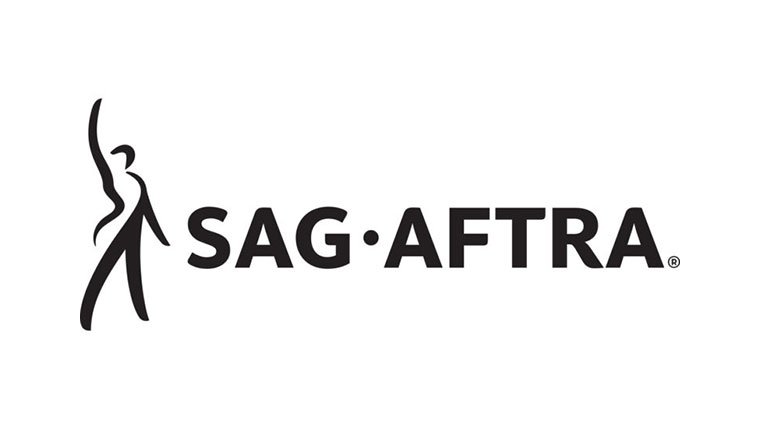
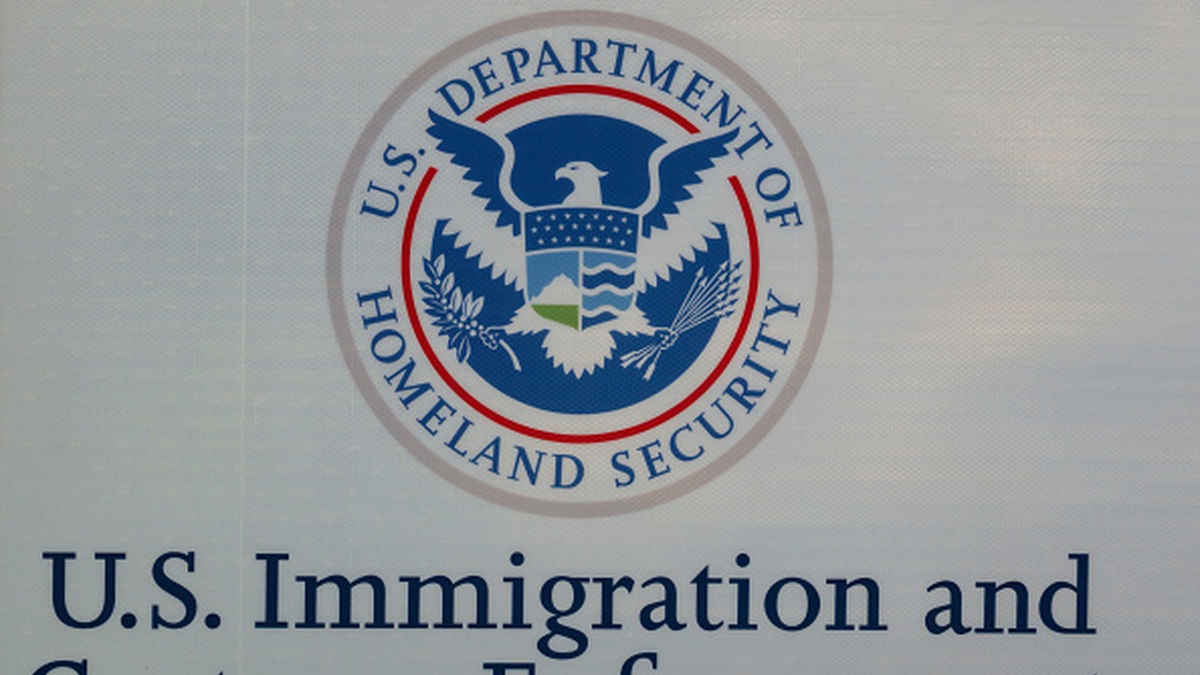
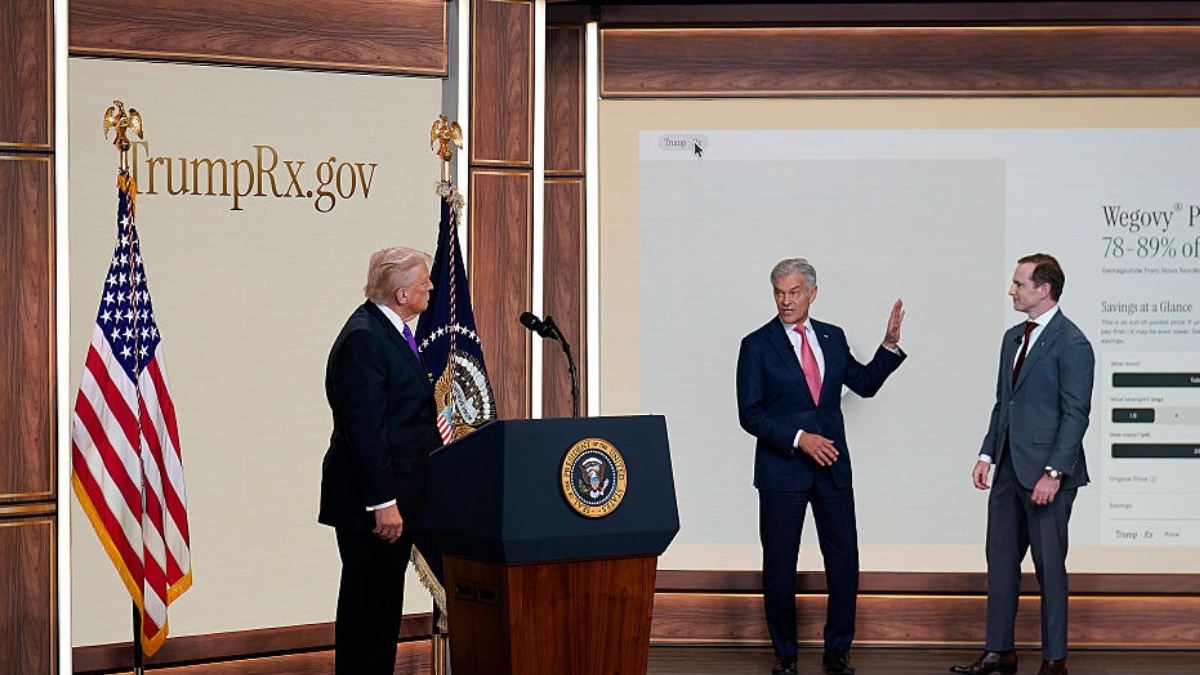

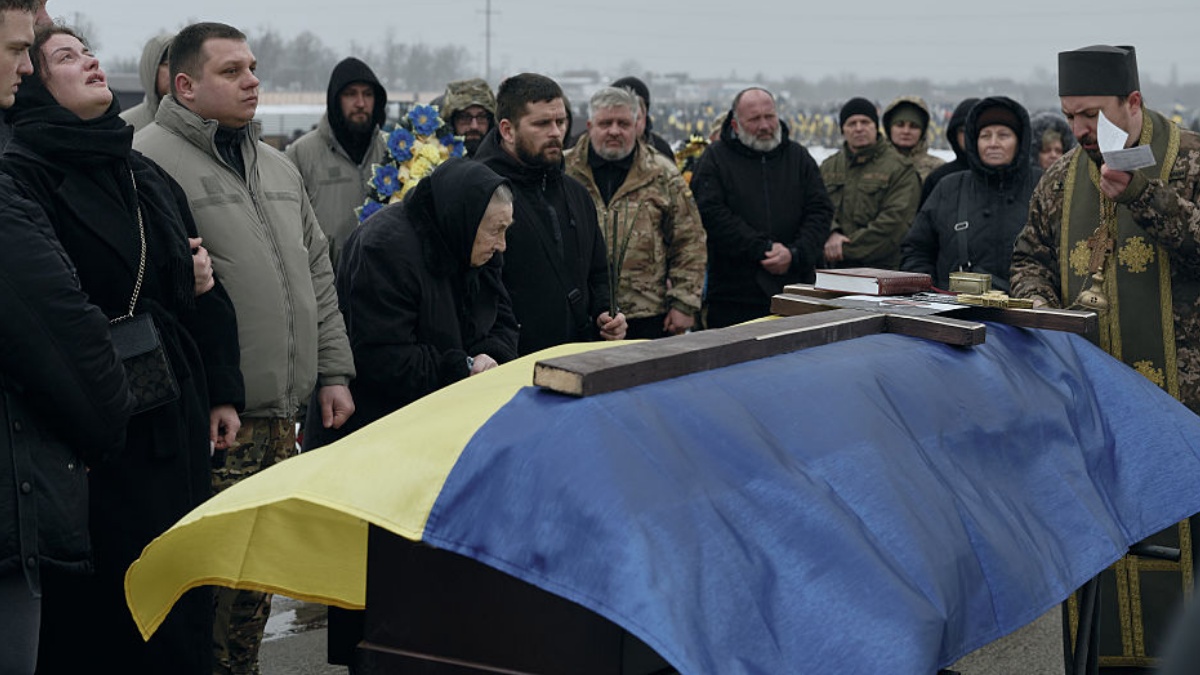
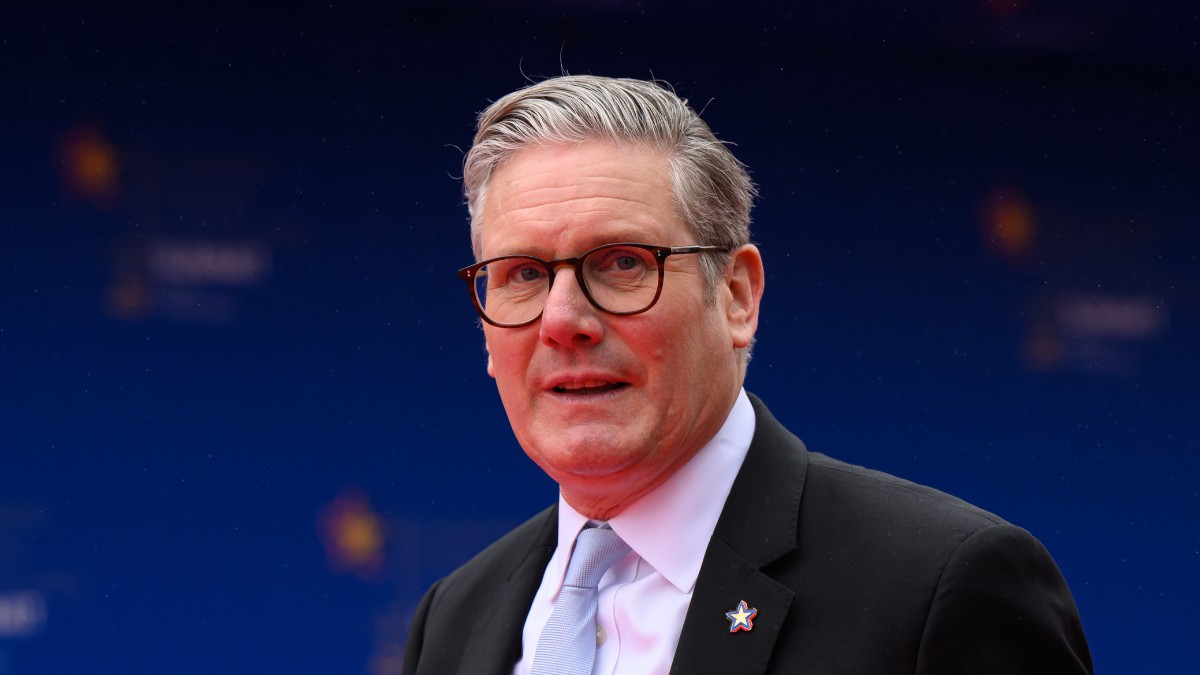
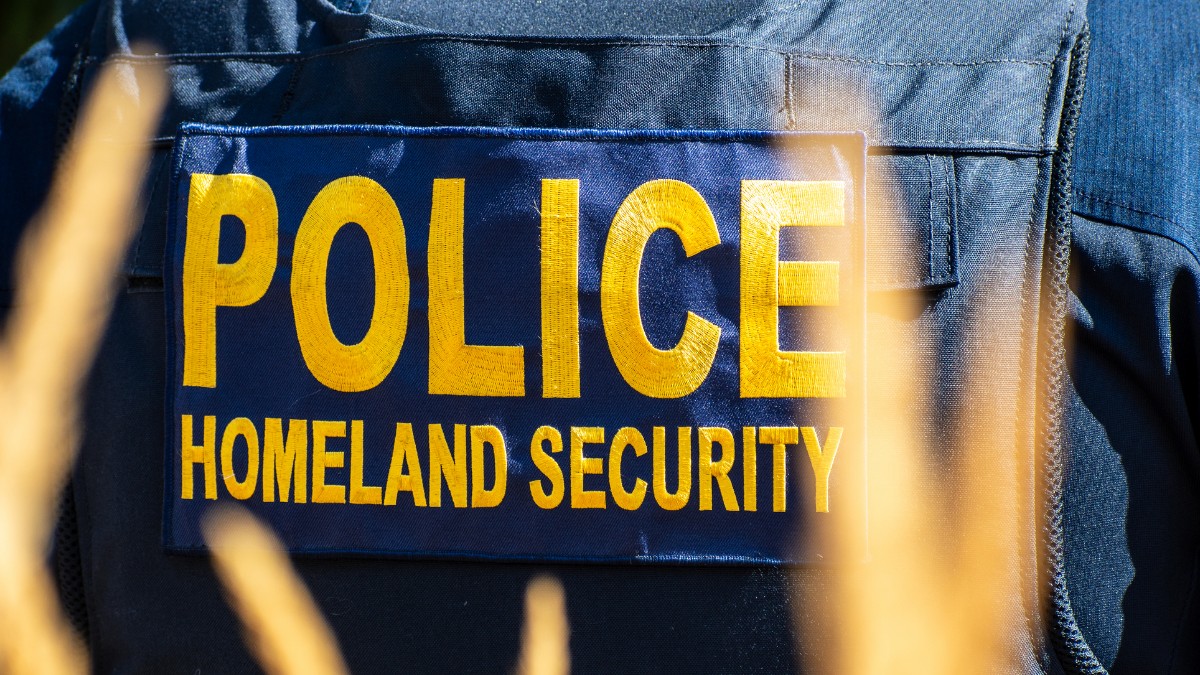
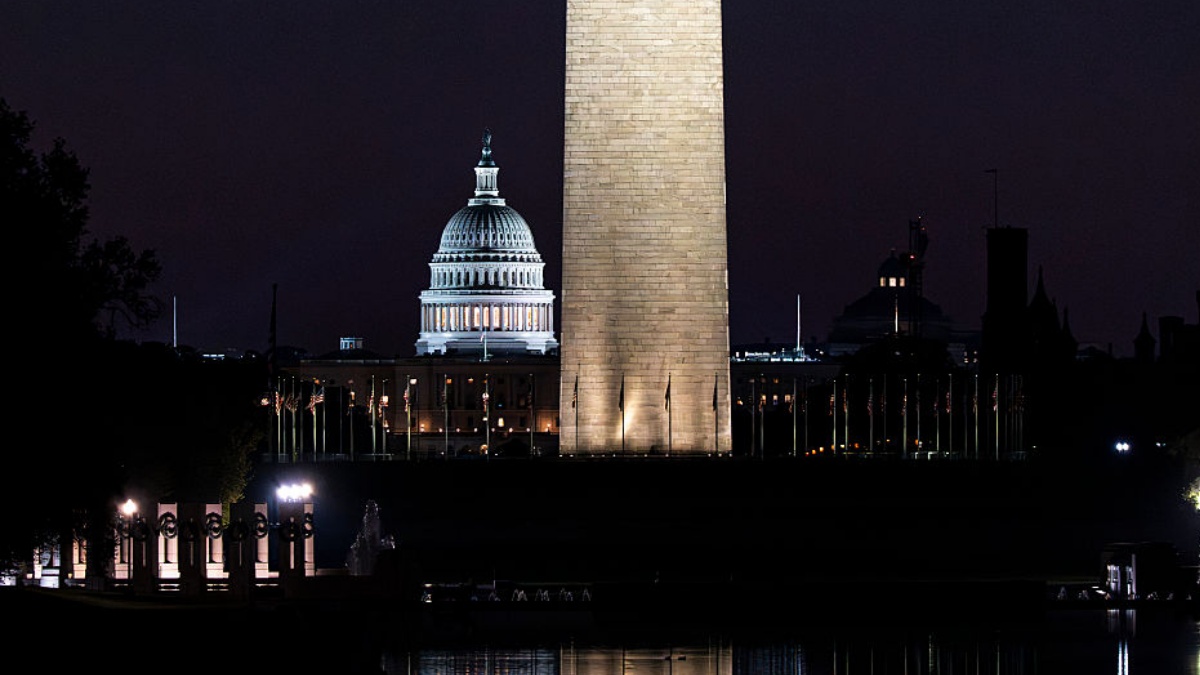
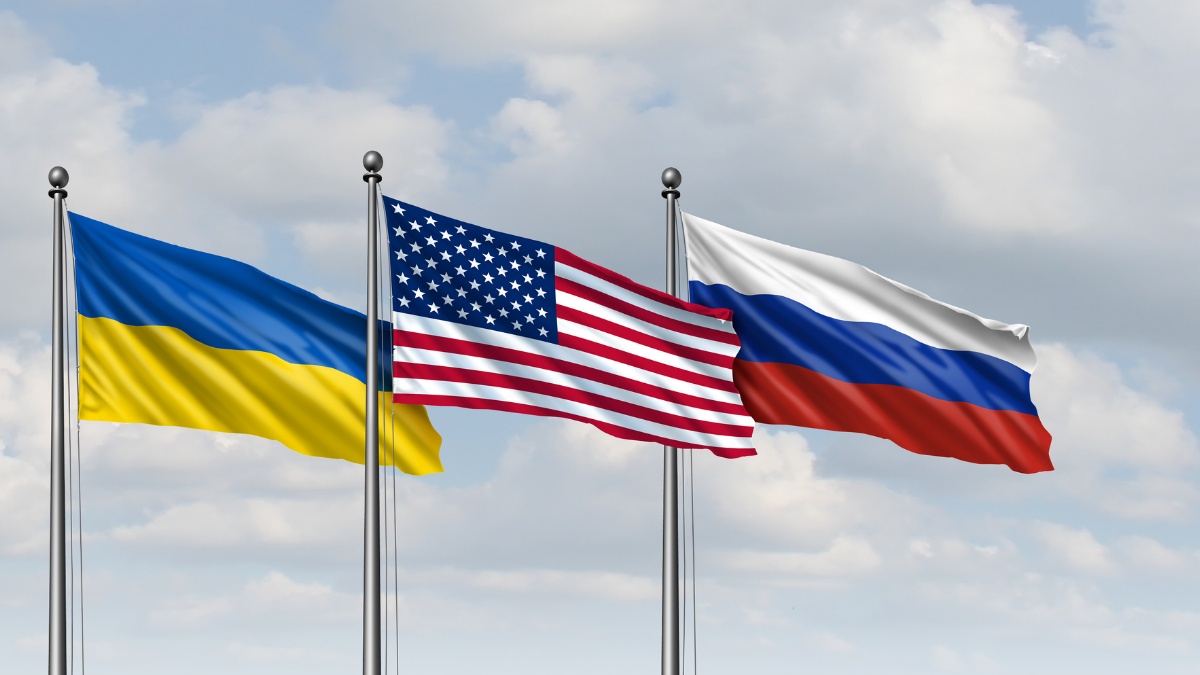
Published: Sep 26, 2017 08:53 am